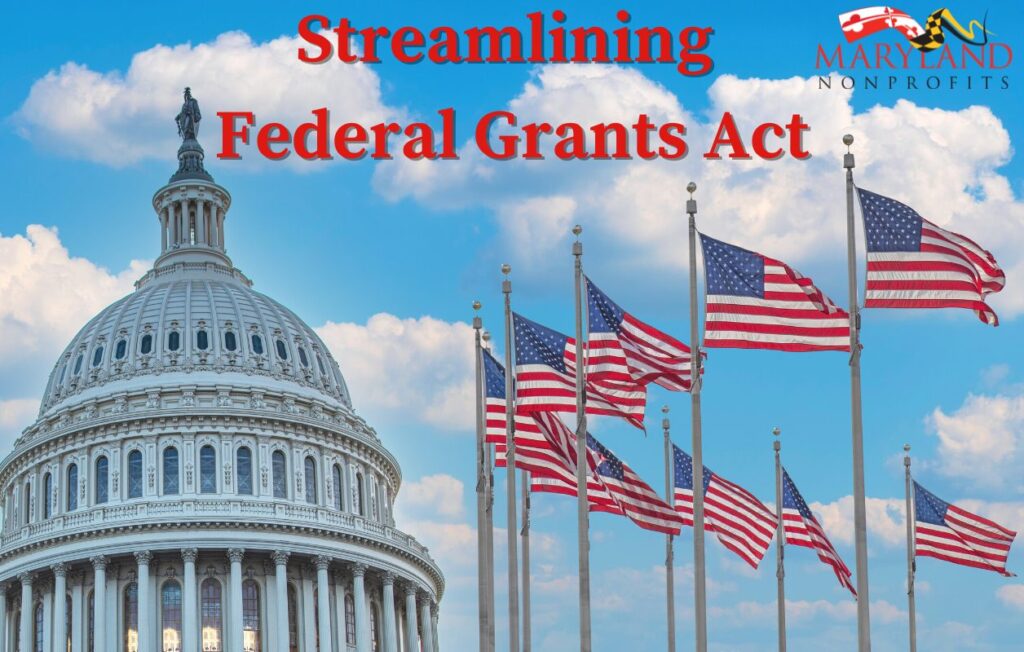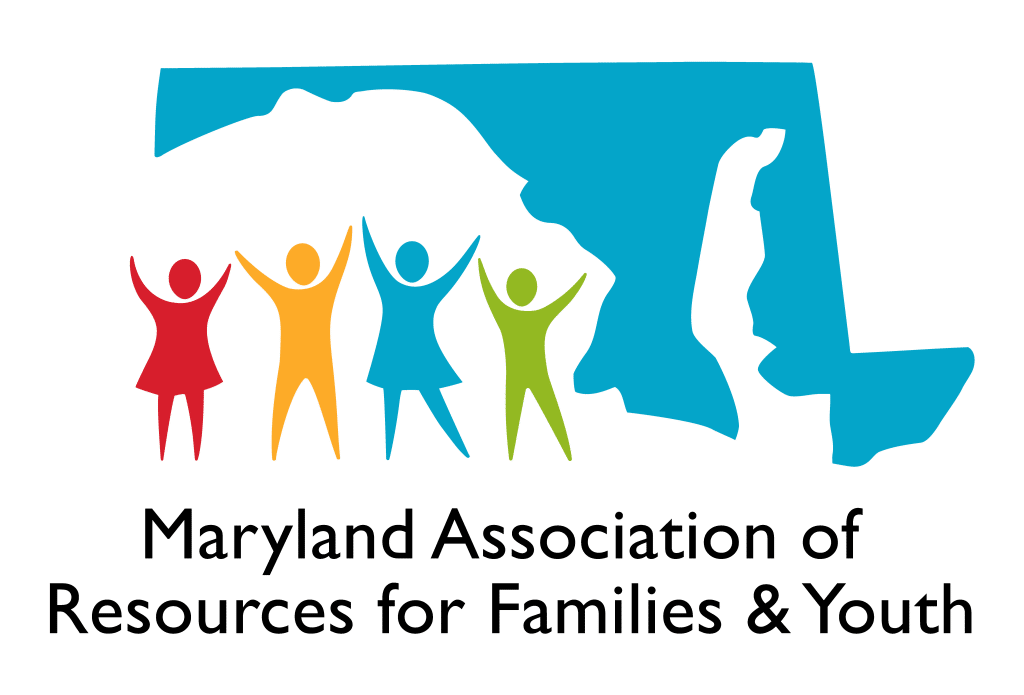Maryland Nonprofits Strongly Supports this Bill to Transform Federal Grantmaking
Every year, over $500 billion is awarded through more than 1,000 different Federal grant programs, yet the most historically disadvantaged nonprofits and communities struggle to navigate the convoluted federal grantmaking system and access transformative funding.
The Streamlining Federal Grants Act of 2023 (S.2286), introduced last week by Senator Gary Peters (D-MI) and Senator John Cornyn (R-TX) will improve the accessibility, effectiveness, and performance and simplify the application and reporting requirements of Federal grants to governments and most nonprofits tax-exempt under section 501(c)(3). Maryland Nonprofits, the association advocating for the 40,000+ nonprofits in Maryland and greater quality of life and equity strongly supports the Streamlining Federal Grants Act.
“68% of nonprofits in Maryland report annual revenue under $25,000 in the May 2023 IRS Exempt Organizations Business Master File Extract. 92% report revenue under $1 million” said Maryland Nonprofits Board Chair Walter Simmons. “The smaller a nonprofit, the more likely it is to be led by a woman or a person of color. While having the most to gain from Federal services and funding, the smallest nonprofits are generally excluded from opportunities by onerous applications and reporting requirements. The Federal government has created programs to assist small, minority, and women-owned businesses develop their capacity and access federal funds, they have not done the same for America’s safety net nonprofits led by similar individuals.”
Specific barriers to accessing Federal grants include grants not covering essential administrative and staffing expenses, reimbursement-based grantmaking, delayed payments, matching funds requirements, lack of training and technical assistance, and confusion by Federal agencies around the nonprofit business model.
Under the Streamlining Federal Grants Act, the advice of an interagency grants council, the Director of the Office of Management and Budget will assist Federal agencies in “creating guidelines for simplified notice of funding opportunities that improve the user experience” and more. Agencies will further be required to develop, hear public comment on and implement plans to “streamline and simplify the application, administrative, and reporting procedures,” “simplify and improve user experience with respect to notices of funding opportunity” ensure training opportunities for potential applicants and more.
“The CEO of one Baltimore-based nonprofit described all the steps he has taken to build up the internal structures required to apply for and manage funds from the American Rescue Plan Act (ARPA)” said Maryland Nonprofits Senior Program Manager for Baltimore Peter Kirchgraber. “Having read the terms and conditions of his grant and immersed himself in the details of the Office of Management and Budget Uniform Guidance, he knew enough to be scared. What would be truly helpful, the CEO said, would be to have ongoing training, as well as specialized legal and accounting advice from experts who are deeply familiar with Federal contracts and grants compliance.”
In addition to Maryland Nonprofits, the Streamlining Federal Grants Act is supported by the Maryland Association of Counties, Maryland Municipal League, Apra Maryland, Community Development Network of Maryland, Maryland Association of Resources for Families & Youth (MARFY), Maryland Latinos Unidos and Nonprofit Prince George’s County.
In the House, the Empowering Nonprofits Act (H.R.787) sponsored by Congresswoman Jenniffer González-Colón (R-PR) would reduce the matching funds requirement of federal grants made to nonprofits in states, territories and Indian Tribes with a poverty rate over 20%. Maryland Nonprofits and its partners seek the support of Congresswoman González-Colón, Congressman Jamie Raskin (D-MD) and Congressman Kweisi Mfume (D-MD) for an amendment to the Empowering Nonprofits Act to include Baltimore City and Somerset County, the two Maryland county equivalents with a poverty rate over 20%. Matching funds requirements are an insurmountable burden to nonprofits and communities most in need of transformative Federal funding.




